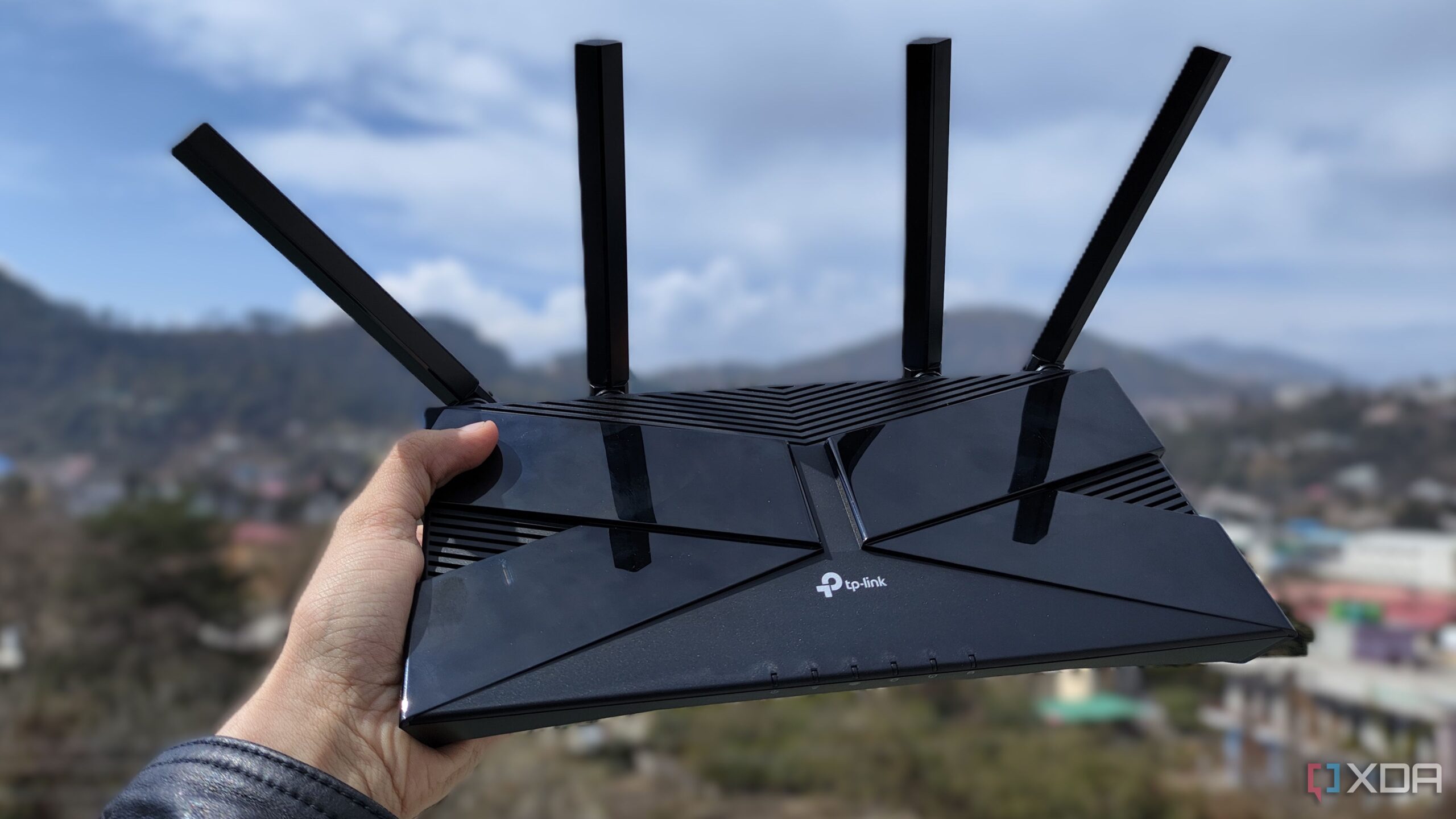Top Stories
**Urgent: Common Networking Myths Threaten Home Lab Security Now**

UPDATE: Home lab enthusiasts are urged to reassess their security practices as new insights reveal that widespread networking myths could be compromising their setups. This urgent warning comes as more individuals turn to home labs for self-hosting and virtualization, heightening the need for robust security measures.
Recent discussions among tech experts emphasize that misconceptions such as the irrelevance of Virtual Local Area Networks (VLANs) and the sufficiency of standard ISP routers are jeopardizing the integrity of home networks. Experts warn that blindly following these myths can lead to significant vulnerabilities, especially as smart devices proliferate in households.
VLANs, often dismissed as unnecessary for home labs, are critical for isolating vulnerable smart devices. As Internet of Things (IoT) products become increasingly common, their susceptibility to hacks makes VLAN implementation essential for safeguarding home networks. The isolation provided by VLANs can dramatically reduce the risk of breaches from these insecure devices.
Moreover, while reverse proxy servers like Caddy and Nginx are praised for their ability to enhance security by facilitating secure connections, they are not a panacea. Experts emphasize that merely deploying a reverse proxy without additional security layers, such as authentication protocols and firewalls, leaves systems open to attacks, including brute-force attempts by hackers.
Another critical area of concern is the reliance on SSH connections for accessing virtual guests. Although SSH is generally viewed as secure, using default password authentication is risky. Experts recommend switching to key-based authentication, changing default ports, and implementing security tools like Fail2Ban to protect against unauthorized access.
Additionally, many home lab users underestimate the risks associated with using ISP routers for their setups. These routers often come with built-in vulnerabilities, including potential access by the ISP and lack of regular firmware updates. Experts advise investing in third-party routers equipped with advanced security features and customizable settings to enhance overall network protection.
The urgency of this situation cannot be overstated. As more individuals embrace home labs for personal and professional projects, the potential fallout from these security oversights could be significant. The rise in cyber threats makes it imperative for home lab users to stay informed and proactive.
Moving forward, users are encouraged to conduct thorough reviews of their networking setups. Immediate action steps include implementing VLANs for smart device isolation, reinforcing SSH security, and upgrading to more secure routers.
Experts stress that understanding these key areas can significantly bolster home lab security, providing peace of mind for users navigating the complexities of self-hosting and virtualization.
Stay tuned for more updates as the home lab community continues to address these critical security issues.
-

 Politics1 week ago
Politics1 week agoDallin H. Oaks Assumes Leadership of Latter-day Saints Church
-

 Sports1 week ago
Sports1 week agoSteve Kerr Supports Jonathan Kuminga After Ejection in Preseason Game
-

 Lifestyle1 week ago
Lifestyle1 week agoDua Lipa Celebrates Passing GCSE Spanish During World Tour
-

 Business1 week ago
Business1 week agoTyler Technologies Set to Reveal Q3 2025 Earnings on October 22
-

 Lifestyle1 week ago
Lifestyle1 week agoKelsea Ballerini Launches ‘Burn the Baggage’ Candle with Ranger Station
-

 Entertainment1 week ago
Entertainment1 week agoZoe Saldana Advocates for James Cameron’s Avatar Documentary
-

 World1 week ago
World1 week agoD’Angelo, Iconic R&B Singer, Dies at 51 After Cancer Battle
-

 Science1 week ago
Science1 week agoChicago’s Viral ‘Rat Hole’ Likely Created by Squirrel, Study Reveals
-

 Health1 week ago
Health1 week agoRichard Feldman Urges Ban on Menthol in Cigarettes and Vapes
-

 Health1 week ago
Health1 week agoCommunity Unites for Seventh Annual Mental Health Awareness Walk
-

 Business1 week ago
Business1 week agoMega Millions Jackpot Reaches $600 Million Ahead of Drawings
-

 Business1 week ago
Business1 week agoMLB Qualifying Offer Jumps to $22.02 Million for 2024









